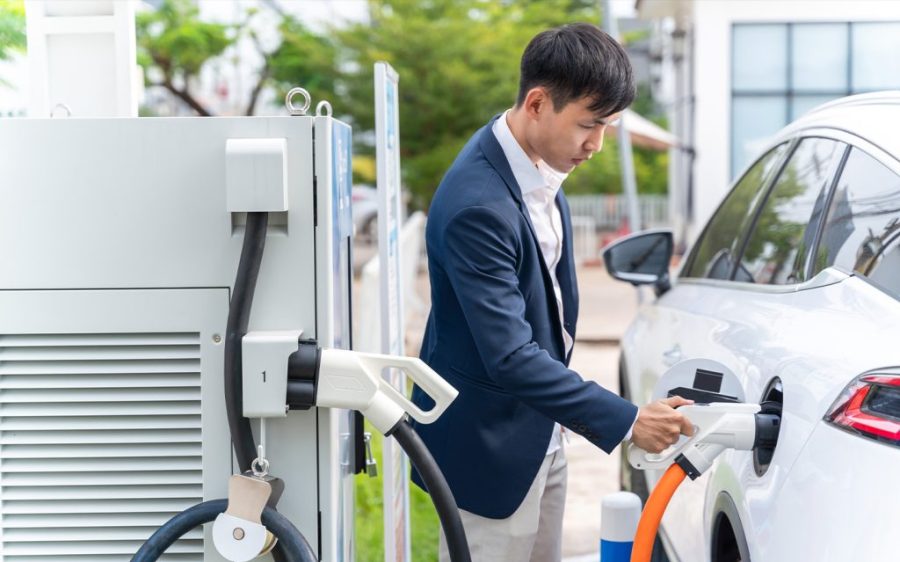While it’s widely believed that more electric vehicles (EVs) will lead to better outcomes for the environment, their rise could also work wonders on people’s mental health – according to Manasi Kumar, a psychology professor with the University College London.
Speaking to the BBC, Kumar said that the air and noise pollution from conventional petrol-powered vehicles had an adverse effect on the general public’s mental health. That’s something policies encouraging EV adoption could combat, she noted – especially in developing countries, where rapid economic growth and loose environmental laws heighten such problems.
Kumar cited studies showing a positive correlation between poor air quality from conventional cars and conditions such as anxiety and depression, as well as neurodevelopmental disorders. The World Health Organization (WHO) has also linked air pollutants such as carbon monoxide and particulate matter to cognitive and neurological issues.
[See more: About 6 percent of vehicles in Macao are eco-friendly]
On the subject of noise pollution, Kumar said its problematic effects were “underappreciated”. According to the professor, newborns exposed to “very loud noises” while in the womb were more likely to experience low birth weights. Older children, on the other hand, could see their cognition and emotions negatively impacted by loud environments.
Tim Lenton, a climate change professor at the University of Exeter who also spoke with BBC, concurred with Kumar – noting that he also believed people’s mental health would improve once EVs were being taken up in larger numbers.
Lenton said he was optimistic about the EV industry’s growth prospects, while acknowledging its share of the global market was currently quite low. The vehicles’ gains cannot be denied: the International Energy Agency (IEA) reported a 35 percent year-on-year rise in EV sales in 2023, with a worldwide total of nearly 40 million EVs registered for that year. The IEA is a France-based autonomous intergovernmental organisation.






